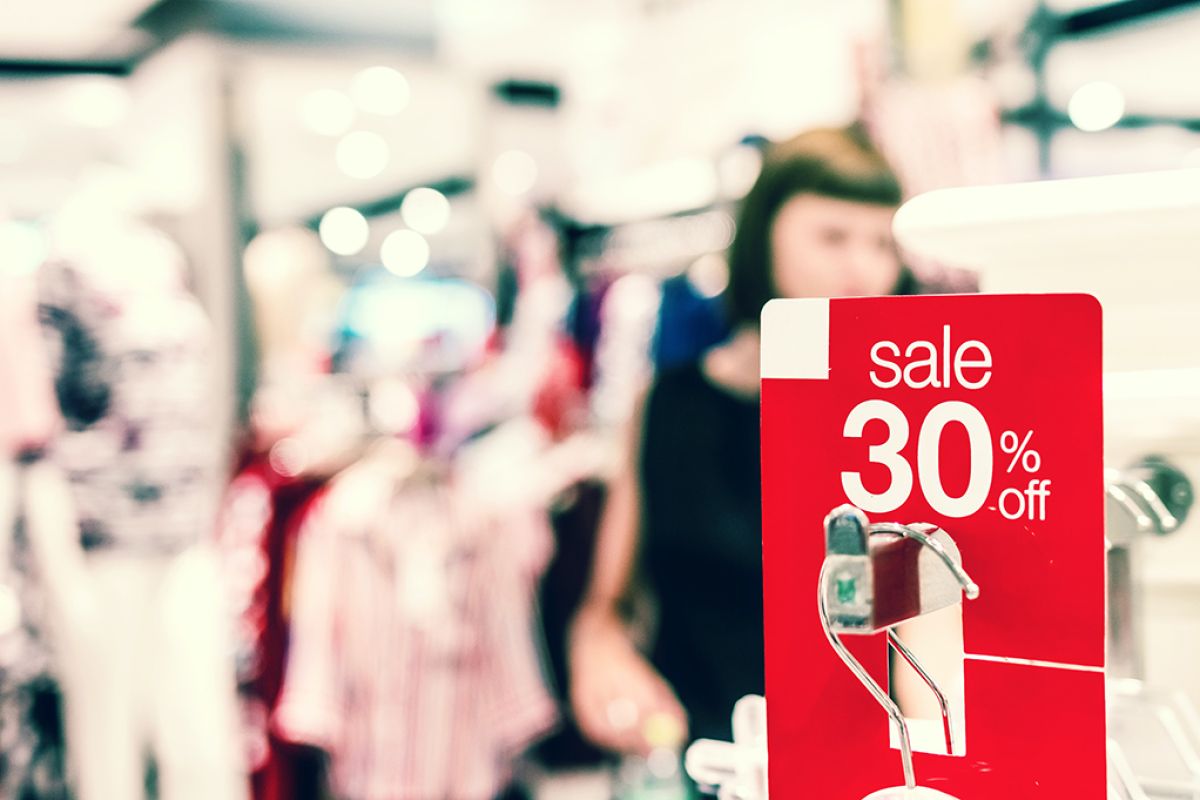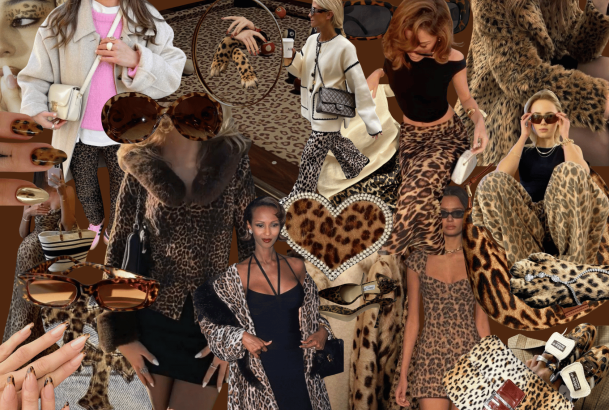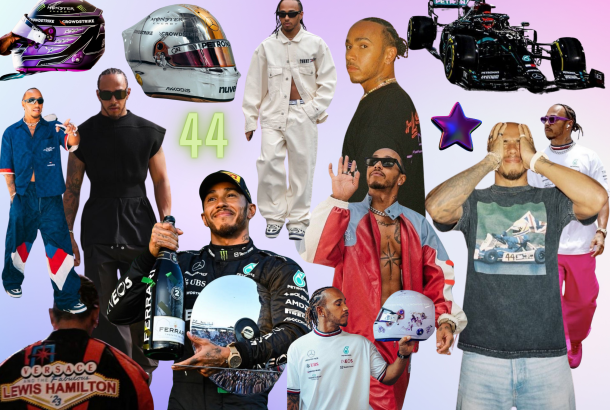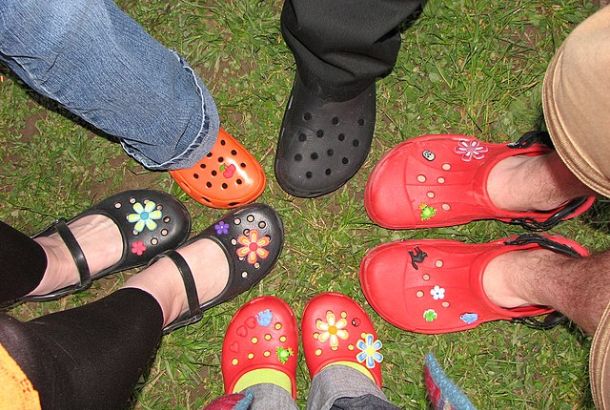Why this Black Friday was the most damaging to date

Black Friday isn’t a new phenomenon – it has been around since 2010 in the UK, but has been growing bigger and bigger every year. What is new, is that this holiday is being extended to an almost month-long succession of discounts and sales. It should really be called Black November at this rate.
But why has this Black Friday been the longest and potentially most damaging to date, particularly for the fashion industry? We will be investigating the ulterior motive behind this holiday’s unbelievable deals.
This year, the Black Friday discounts were welcomed more than ever: after a bleak 2020, there’s no denying that we could use a well-deserved pick-me-up. People all across the country felt as though their lockdown struggles were rewarded by major sales and the incentive to treat themselves.
We all know the temptation of finding those gorgeous trainers for half price, or buying that dress you’ve had your eye on for a heavily discounted price; but were these purchases actually necessary? Or, more importantly, would they occur if it wasn’t for Black Friday?
One of the main issues that the fashion industry faces is overconsumption, and the ‘wear once then throw away’ mentality that is endorsed by fast fashion brands. Did you know that 80% of Black Friday purchases are discarded after zero or one use?

Photo: @Fairshaionproject on Instagram
Manchester’s Sustainable Fashion Party commented that, “Black Friday encourages crazy discounted consumption, most of which you will not need, just ‘want’ […] every product you buy has an environmental cost, so we urge you to be a more considerate consumer.”
So it’s clear that Black Friday can be extremely damaging for the fashion industry. But what about this year? Why were 2020’s sales prolonged, and more cutthroat than ever witnessed before?
You guessed it – COVID-19.
The effects of the pandemic have left fashion brands with mountains of unsold garments that they are desperate to shift. Fashion Revolution found that Bangladesh alone experienced more than $3 billion of cancelled clothing orders, representing 982 million garments. Although we don’t know the global result of the COVID-19 pandemic, we can presume that it is equally as shocking.
Whether it’s out-of-season outfits or expired trends, the limited ‘wearability’ of fast fashion brands means that it’s almost certain that these garments wouldn’t sell. Except by putting an astounding price tag on them; suddenly everyone was scrambling to shop the sale, simply because it’s too good to miss out on.
However, it may be naive to simply think that it’s merely a matter of shifting old stock. It’s also a major marketing strategy for some of the UK’s biggest businesses.
Clothing brands are aware of the struggles and difficulties that many people have endured in light of the COVID-19 pandemic, and by offering these sales it appears to be an act of helping us, by giving us a reason to smile and cheer up.
Fair Fashion Project notes that, “this year has been financially tough on many people and shopping events such as Black Friday will enable a percentage of consumers to buy home essentials or Christmas gifts for family members that would otherwise not be possible”. The relentless discounting of products is an attempt to drive sales for this very reason.

Photo: @Fairshaionproject on Instagram
There’s no better example than Pretty Little Thing. Their Black Friday sale witnessed up to 99% discounts on their stock, including dresses on sale for 12p and tops for merely 3p. Is this the extortionate marketing tactic that they need to use for people to buy this old, out of season stock? Are they really that desperate to get rid of it, that they’ll sell it for practically nothing?
Even more worrying, is the conditions and wages of the people who made these garments. The fashion industry is massively under threat by poverty and unsafe environments for garment workers, particularly those employed by fast fashion brands. These workers in underdeveloped countries are facing poverty, and exploited, simply for fast fashion brands to be able to sell garments at a massively discounted price.
Pretty Little Thing responded to the online backlash that their Black Friday sale caused with excessive giveaways of thousands of pounds, rather than the more beneficial promise of using this to support garment workers.
So, what can we do to help? Black Friday isn’t going to slow down anytime soon, but our support of it can. Simply using your voice to speak out about unfair practices or considering your own spending habits can go a long way, especially with extortionate sales.
Before you buy an item, ask yourself if you really want it, or if you’re simply buying it because of the unbelievable price tag.
Hopefully, this year’s Boxing Day sales will be a different story.







